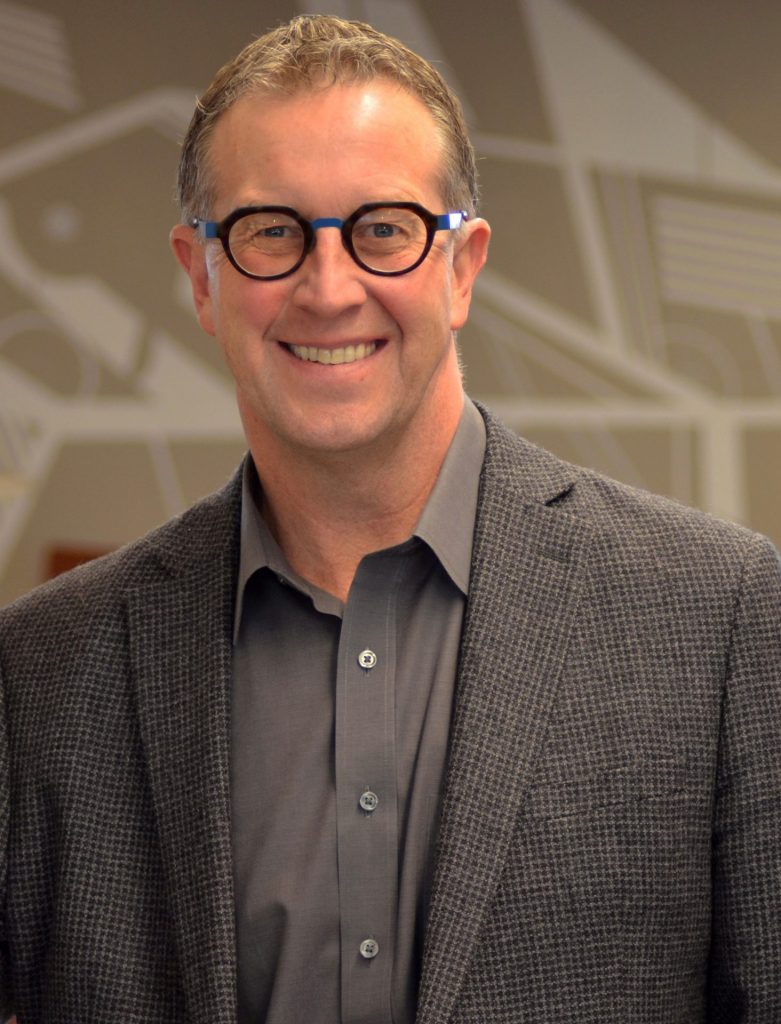Andy Hill is Vice President of US Retail at Mondelēz International, a confectionery, food, and beverage company with iconic brands such as Oreo, Cadbury Dairy Milk, Toblerone, Sour Patch Kids candy and Trident gum. Andy is also an MBA graduate from Alliance Manchester Business School
Explain your current role.
I have the honour of leading our multi-billion dollar US Retail business for Mondelez. Mondelez is one of the largest and greatest snacking companies in the world.
My national team consists of thousands of dedicated men and women who are the ‘feet on the street’ in our direct store delivery model to serve our customers. Our job is to execute our commercial strategies in order to delight our shoppers and customers while driving outstanding business results.
Where and when did you achieve your MBA?
Alliance Manchester Business School, graduating in 2006.
Why did you want to study for an MBA in the first instance? And why did you choose to do an MBA at this particular School?
I had a successful but very linear career path in sales and wanted to broaden my experiences into other functions or other sectors.
I researched and met with several MBAs but I probably didn’t even understand my needs until I learned about the approach of Alliance Manchester Business School.
Here’s what I mean:
- Global classmates:
With 31 nationalities in my class, I was thrilled to get to work with and learn
from such an incredibly diverse group.
- Experience: I had nine years of work experience and I found that the average work experience of the AMBS students were twice the average of the other business schools I was looking at. This was important to me in terms of learning from my cohorts with more experience.
- Application: The greatest surprise of all was when I learned that year two was 100% application of year one studies. In other words, it was 100% project based in order to apply my new knowledge base. My learning style is through ‘doing’ and this was the best fit for me!
What is the most interesting thing you learnt from your MBA?

My international business project in year two focused on hidden needs innovation for a major global medical corporation. We looked at companies around the globe who leveraged consumers’ hidden needs (needs they might have but can’t articulate because they don’t know what solutions are possible) in order to build an innovation strategy. It was fascinating and stretched the way I ever thought about research.
This project literally blended everything I learned in year one, including learnings i received in finance, strategy, marketing, and operations – all into one giant learning.
What were some of the challenges you faced when studying for an MBA?
Like most people find, an MBA was a time challenge and I am not a night person which made it difficult to study after hours. What really helped me was the quality of the professors (lectures were fascinating) and that I get my energy from application versus listening… and because year two is application, it helps shape the entire programme toward a programme grounded on more real experiences.
How has the MBA made a difference to your career path and leadership journey?
It changed everything because I learned how to approach completely new situations with confidence. Whether I was using the base of knowledge from the courses or the successes from the various projects, I gained the right tools to succeed in any situation. From my linear sales background, I have now enjoyed roles in general management, strategy, marketing, and operations. I’ve worked across different sectors, countries, and cultures. Simply put, I gained the ability to understand and leverage my transferrable skills thanks to Alliance Manchester Business School.
In what interesting ways have you taken what you have learnt in your MBA into the organisation for which you work?
My first role within Mondelez was to help our company tackle food waste. Food waste is typically driven by multiple factors, including innovation strategy, supply planning, in network handling, and making sure we incentivise the right behaviours. Correcting food waste requires actions across all departments. Being successful here required a general knowledge of how each department functions in order to not hurt their core responsibilities but also required a methodical way to assess the root causes and prioritise the most important initiatives. Thanks to my MBA, I was comfortable in all of these areas.
Secondly, I had the opportunity to integrate an acquired brand into our supply chain. This was also a completely cross-functional effort which would have never happened without my expansion of knowledge through the MBA.
What advice would you give to someone who is thinking about studying for an MBA?
I would give two pieces of advice:
- Allow yourself to
have solid work experience before getting your MBA. The learnings will resonate
better.
- Use your MBA to be great at future roles, not just to get them. Focus on the experiences and the skills you’re gaining and the great jobs will naturally come.



